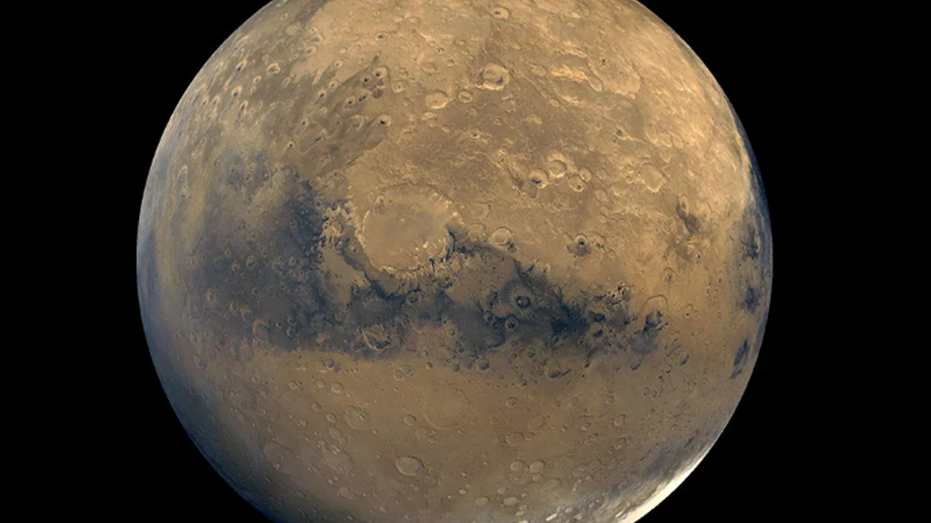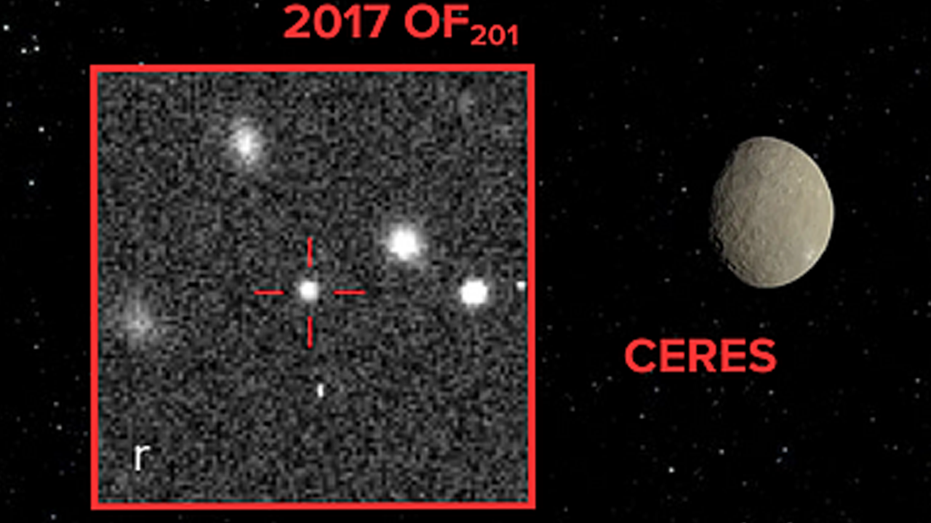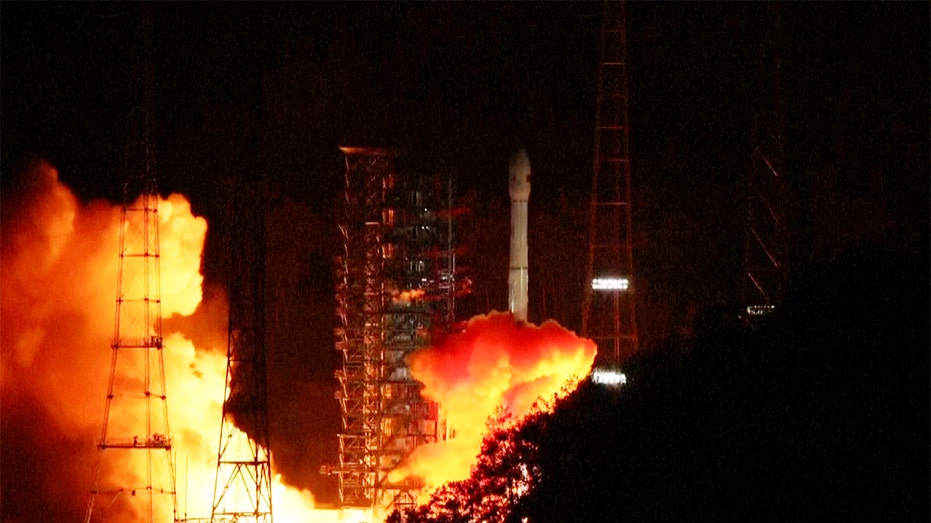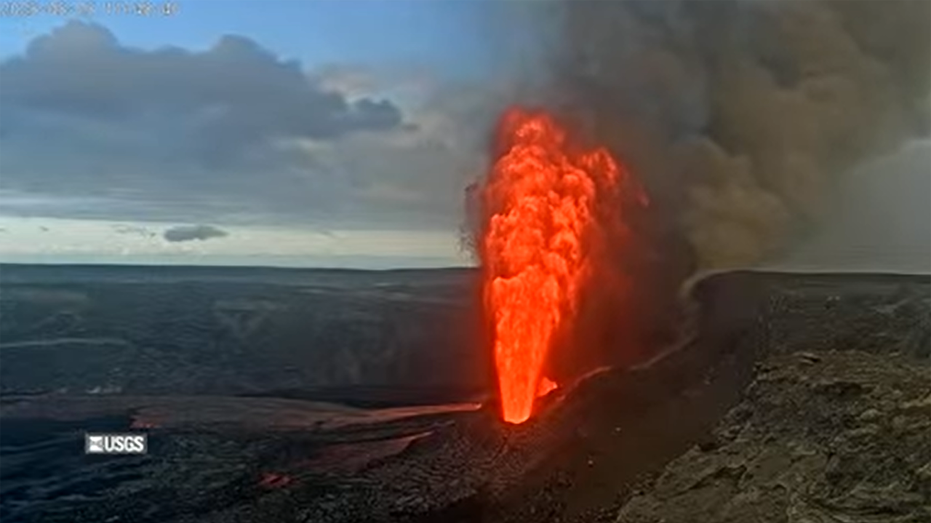Dark Matter May Be Behind Wobble in Mars’ Orbit, Study Suggests

Sarah Johnson
March 3, 2025
Brief
A new study suggests dark matter, possibly made of primordial black holes, may cause a mysterious wobble in Mars’ orbit, deepening the cosmic mystery.
Scientists may have just added another chapter to the cosmic mystery surrounding Mars. A study published last week in the peer-reviewed journal Physical Review suggests that dark matter might be responsible for a peculiar wobble in the Red Planet's orbit. Yes, dark matter, that elusive cosmic glue we can’t see but know is there, might be meddling with Mars.
The researchers propose that dark matter could be composed of microscopic, primordial black holes. Unlike the massive astrophysical black holes we’re familiar with, these tiny yet incredibly dense objects allegedly formed in the chaotic seconds after the Big Bang. Scattered throughout the universe, these primordial black holes may pack the weight of thousands of suns into a space no bigger than an atom. Talk about carrying the weight of the universe on your, well, hypothetical shoulders.
Dark matter itself is not a new concept. First theorized in the 1930s by Swiss astronomer Fritz Zwicky, it’s a form of matter we can't directly see because it doesn’t emit light or energy. Yet, it’s believed to make up about a quarter of the universe’s total mass. Its existence has been inferred from its gravitational effects on visible matter.
The new study, cheekily titled "Close Encounters of the Primordial Kind," suggests that the extreme mass of these primordial black holes could nudge Mars’ orbit slightly off track. According to simulations run by the team, including MIT physicists, this wobble aligns with their hypothesis. The researchers speculate that such a wobble might occur about once every decade when these black holes cruise through the solar system. Can you imagine? A cosmic drive-by causing planetary hiccups.
Advances in telemetry, a method for measuring interplanetary distances, have made it possible to detect such subtle wobbles. "We’re taking advantage of this highly instrumented region of space to try and look for a small effect," said co-author and physics professor David Kaiser. "If we see it, that would count as a real reason to keep pursuing this delightful idea—that all of dark matter consists of black holes spawned in less than a second after the Big Bang and streaming around the universe for 14 billion years." Delightful indeed, especially if you’re into mind-bending theories that make you question the very fabric of existence.
While the idea of primordial black holes being the sole constituent of dark matter remains speculative, it’s studies like these that push the boundaries of our understanding. Who knew that something as small as an atom could have such a galactic impact on Mars?
Topics
Editor's Comments
Dark matter causing Mars to wobble? Sounds like the universe has a sense of humor. The idea that these primordial black holes, tinier than atoms but heavier than stars, could be zipping around and subtly messing with planetary orbits is just wild. If this theory holds up, maybe Mars isn’t just the Red Planet—it’s also the jittery one!
Like this article? Share it with your friends!
If you find this article interesting, feel free to share it with your friends!
Thank you for your support! Sharing is the greatest encouragement for us.



